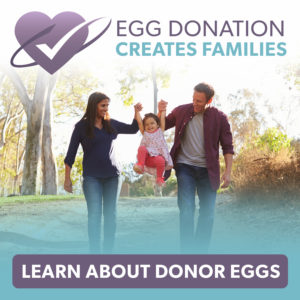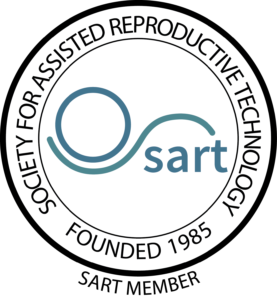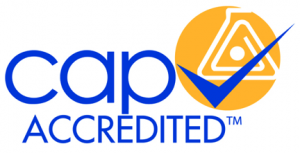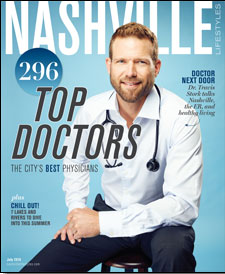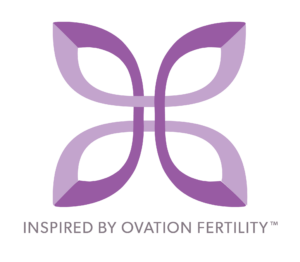Discover the benefits of egg donation for advanced maternal age
The doctors at our Tennessee fertility center have found that egg donation for advanced maternal age is an incredibly effective fertility treatment. It can help many women achieve their dream of motherhood. This type of fertility support can help women bypass low egg quality or quantity. With this treatment, these women can develop a healthy pregnancy.
Why do women need donor eggs
There are two primary reasons a woman over the age of 35 may need an egg donor.
- Reduced egg supply. The quality of a woman’s eggs decreases as she ages. As a result, she has a 20% chance of conceiving at the age of 30. She only has a 5% chance of conceiving by the time she’s 40. Utilizing the eggs of a woman in her 20s significantly increases the chances of pregnancy.
- Chromosomal abnormalities. As a woman ages, her eggs are more likely to contain chromosomal abnormalities. When an egg has too many, or too few, chromosomes the embryo could have trouble implanting. The woman could also experience a miscarriage. Using egg donation for advanced maternal age can help avoid these situations.
Our Tennessee fertility center helps women over 35 discover why they’re not able to conceive. The doctors and nurses then support them as they decide whether donor eggs are the best option.
Egg donation for advanced maternal age
Egg donation offers a high rate of success. As such, the doctors at our Tennessee fertility center will likely recommend donor eggs if a woman’s fertility testing reveals a limited number of eggs. We support parents through each step of the exciting egg donation process.
- Selecting an egg donor. The initial phase of egg donation for advanced maternal age consists of finding a donor. As parents look through our donor database, they can rest assured that we have carefully vetted all our donors. Every potential donor goes through thorough medical, legal and psychological counseling. In addition, prospective egg donors receive testing for genetic, psychological and physical health.
- Beginning the egg donation cycle. When parents select their ideal donor, we guide them as they complete the necessary legal and financial requirements. As the donor moves through the egg donation cycle, we keep the parents informed. If the female partner will carry the pregnancy, she may also begin certain fertility medications.
- Undergoing the embryo transfer. The last step of egg donation is the embryo transfer. With a frozen cycle, women will work with their doctor to select the best time for the embryo transfer.
We’re honored to help patients utilize donor eggs on their journey to take home a healthy baby. Contact us for more information about this treatment option.

